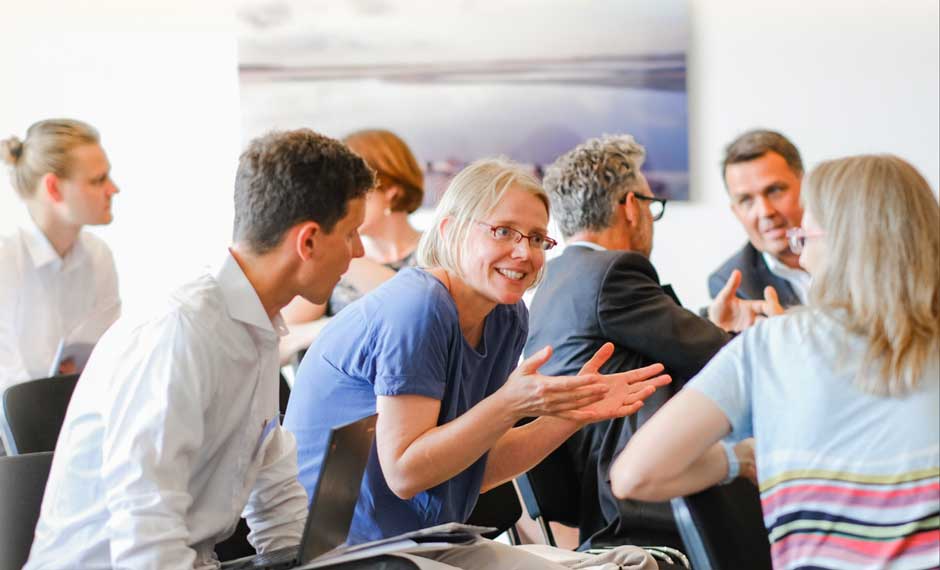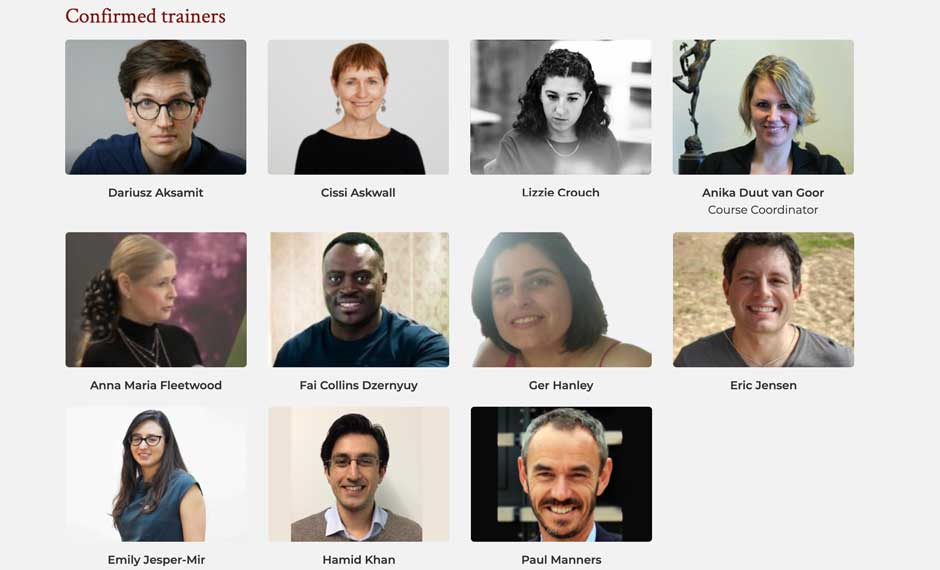To generate effective impact, it is imperative to consider how science is communicated, how science is perceived, whether research reaches the relevant audience, and whether the message is understood and trusted. Successful science communication can play an integral role in driving impact, such as through fostering curiosity, trust and acceptance of scientific advancements, and through engaging with wider communities, beneficiaries and end-users, to co-produce knowledge.

Due to the need for science communicators to contribute to the societal impact of scientific research, this course will deepen understanding of how science communication can be performed in a way that will reach users of scientific research in society, in addition to the general public.
In the past years, science communication has advanced from one-way communication to two-way dialogue and engagement with the broader public. Reciprocal approaches of connecting with the public have hence emerged in the initiative of public engagement. With the growing “Open Science” movement especially, multiple additional roads are paved to sustain the transfer of scientific knowledge to society. This course will focus on developments that go with it, such as new positions and professions, librarians taking up new roles, impact professionals exploring dissemination strategies and university communicators trying to reach new societal goals.
The significance of communicating science seems indisputable, yet sharing the research process and outcomes with societal stakeholders is not per definition central to the routine of academic researchers, and often lacks programme and structure. Therefore AESIS brings together professionals and stakeholders in the field of impact and science communication, in order to support the development of new goals, professions and tasks in the interface between science and society.
For four days, experts involved in the field of Impact of Science and Science Communication will share their expertise and foster interactive discussions on topics such as:
- How knowledge exchange can benefit from better communication strategies
- How to connect stakeholders and remain impartial and trustworthy
- The role of intermediaries and social media
- How to combine marketing capabilities and communication strategies
- Pitfalls and challenges related to how open science contributes to innovation and societal impact
Target groups:
- Research managers
- Science communication strategists
- Librarians
- Science funders
- Policy–makers
- Press officers
- Other professionals involved in science communication & impact of science.

VA’s Secretary General Cissi Askwall is one of the trainers in this online course organised by the AESIS Network.
Register and read more about Terms and Costs:
www.aesisnet.com/events/communication-course.html
